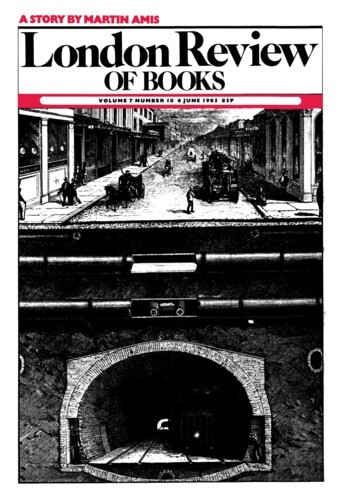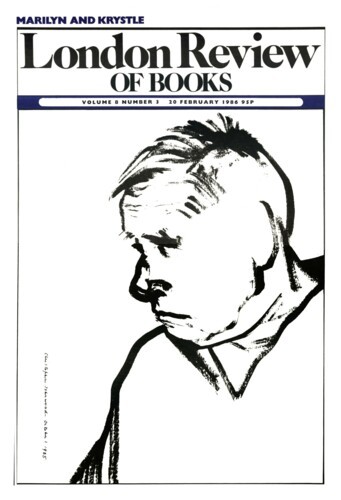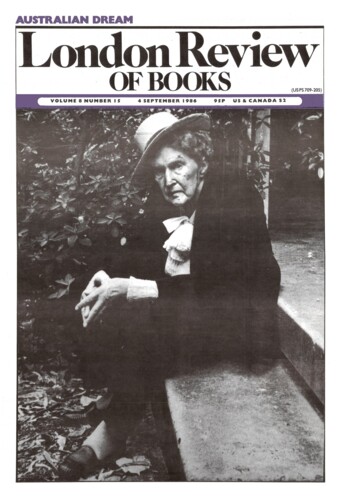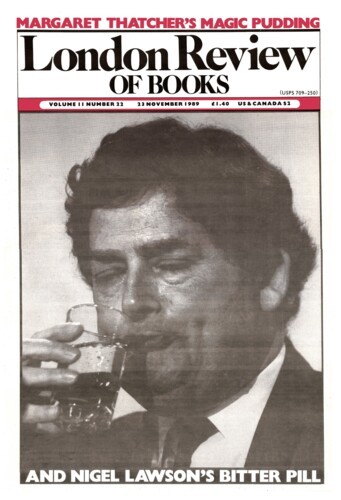Discontinuities
Brian Pippard, 6 June 1985
Sixty years ago, when Alfred North Whitehead delivered the lectures that were published as Science and the Modern World, he was famous as a penetrating philosopher of mathematics, the teacher and later the colleague of Russell, a man of wide learning who had turned to metaphysics and developed a new system so profound that few dared criticise it; he was also an educational reformer and an upright man loved by his many friends. All in all, the very model of a Philosopher, academic indeed, but one for whom the epithet could only be a mark of the highest praise. This book was reprinted 11 times up to 1953, and at least twice since then. There can never have been such a tribute to pure thought. I won it as a school prize and was utterly defeated by it; 45 years later I find the argument difficult at all times, and in several chapters impenetrable by reason of its technical abstruseness. Apart from these, which I cannot judge, the fault does not lie in Whitehead’s style, which is lucid and sensitive – it is the density of the argument that makes demands on the reader. Of all those copies that were sold before, and doubtless will continue to be sold, very few can have been studied with such painstaking attention and pencilled emphasis as the copy of the 1953 reprint I have borrowed from the Cambridge University Library, and even in this case the original owner has faltered one-third of the way through and is lost without trace.’




